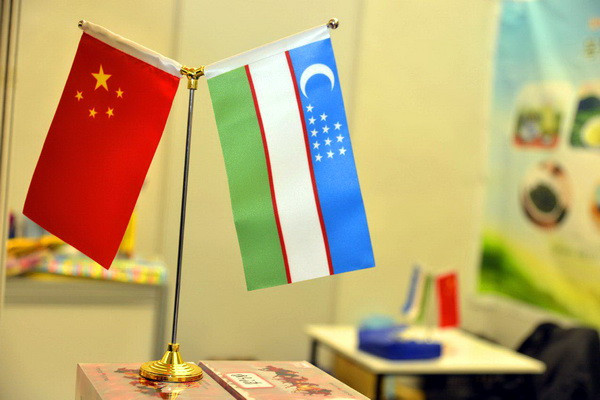
Tashkent, Uzbekistan (UzDaily.com) -- On 5 January, the premiere of the Chinese film “The Flower of Kashgar” took place in Tashkent, which was highly appreciated by the audience.
The screening was organized by the Chinese Embassy in Uzbekistan, the Uzbekistan Cinematography Agency, the Chinese Film Channel Program Center with the support of the press service of the People’s Government of the Xinjiang Uyghur Autonomous Region of the People’s Republic of China and the Xinjiang branch of the China News Service.
Before the premiere of the film, Chinese Ambassador to Uzbekistan Yu Jun noted that “The Flower of Kashgar” allows viewers to feel the charm of China’s diverse culture and get acquainted with the achievements of economic and social development of the Xinjiang Uygur Autonomous Region. He emphasized the active promotion of the creation of the key region of the Silk Road Economic Belt and the development of a pilot free trade zone in Xinjiang.
The film “The Flower of Kashgar” tells the story of love overcoming difficulties, everyday obstacles and differences. The bright feeling that originated in Shenzhen, one of the most developed cities in southeast China, comes to life with renewed vigor in Kashgar, a city in the Xinjiang Uyghur Autonomous Region of the People’s Republic of China, which is the pearl of the Silk Road in the northwest of the country. Despite more than 5,000 kilometers separating the two cities, distance cannot prevent loving hearts from coming together.
A girl from Kashgar, Yuan Xue, meets teacher Liang Peng in Shenzhen, where love is born between them. However, at that moment they fail to realize the depth of their feelings. The heroine returns to her hometown. It took Liang Peng six years to realize his deep love for Yuan Xue. From the depths of his heart, he decides to fly to Kashgar to bring back his beloved, despite the objections of his family.
In parallel with Liang Peng’s worries about whether his romantic adventure will be able to successfully end, the audience goes with him on a journey through the ancient and eternally young Kashgar.
The architecture, historical monuments, landscapes, cuisine and culture of Xinjiang are vividly reflected in the film, demonstrating the life and friendship of peoples in modern China.